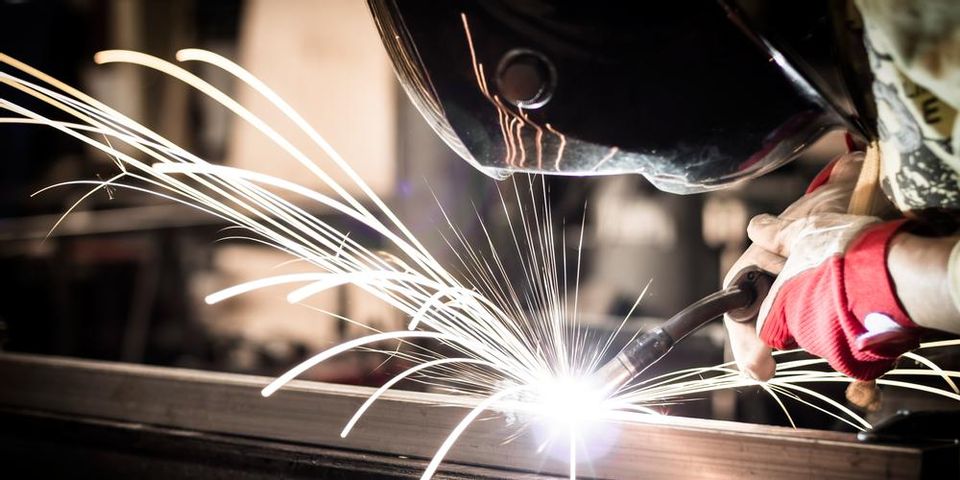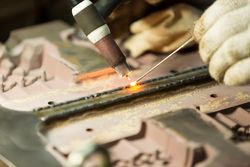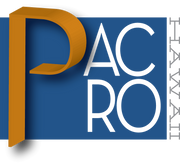
Because of its sanitary properties, stainless steel is often used in environments where the handling of food, dairy, and pharmaceuticals takes place. It's used to construct conveyors, racks, piping, machinery, storage bins, and other food processing and material handling equipment. Unfortunately, there is wide variation in the quality of the welds used to assemble these items. Poor quality welding can result in uneven surfaces that could trap food particles or other material and lead to the growth of contaminating microbes. Thus, for food and beverage manufacturers, “sanitary welding”—or welding that is flat, smooth, and unable to harbor contaminants—is crucial.
How to Identify & Create Sanitary Welds
Grind & Polish
 Inspect food and beverage processing machinery—as well as any equipment that comes into contact with your products—for sanitary welds. Welding should be smooth, even, and free of pitting and crevices that could inculcate microbial growth. If it is not, you should have an experienced welder grind and polish it to a smooth finish.
Inspect food and beverage processing machinery—as well as any equipment that comes into contact with your products—for sanitary welds. Welding should be smooth, even, and free of pitting and crevices that could inculcate microbial growth. If it is not, you should have an experienced welder grind and polish it to a smooth finish.
Butt Welds
Welds should not be used on materials that overlap; rather, "butt welds," in which plates or pipes are butted up end to end, are preferable. Otherwise, the welds are susceptible to flexing when the materials are put under pressure.
Pipe Welding
When welders join pipes, they pump an inert gas—typically an argon mixture—inside the pipe to prevent oxidation while they weld the outside. However, if the gas pressure is insufficient, the welding material may penetrate the seam and create a bumpy surface inside the pipe where contaminants will congregate. Each pipe weld should be inspected with a boroscope to make certain the pipe interior is clean and smooth.
Pac Pro Hawaii, the premier metal fabrication and water-jet cutting specialists in Kapolei, HI, field a team of expert welders familiar with the latest sanitary welding techniques. For more than 35 years, they have been helping businesses throughout Oahu with their fabrication, sign design, and welding needs. Contact them to learn more. Visit their website to send an online message, or call (808) 682-0404 to discuss your needs with a friendly, knowledgeable professional.
About the Business
Have a question? Ask the experts!
Send your question

